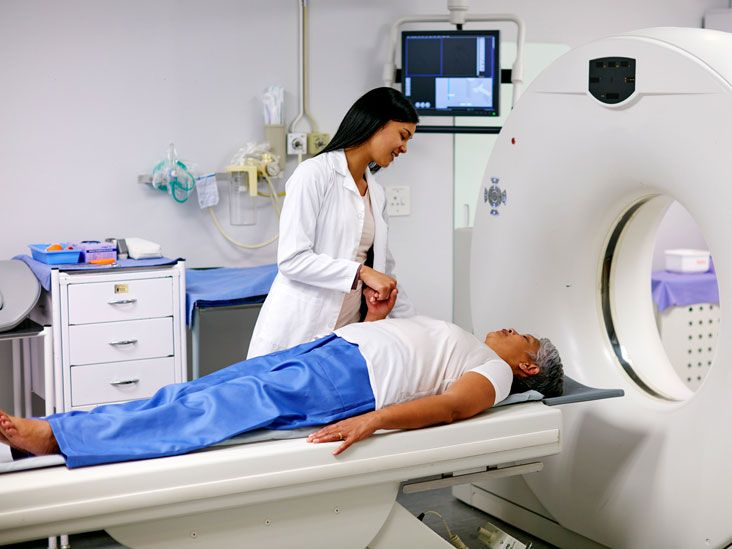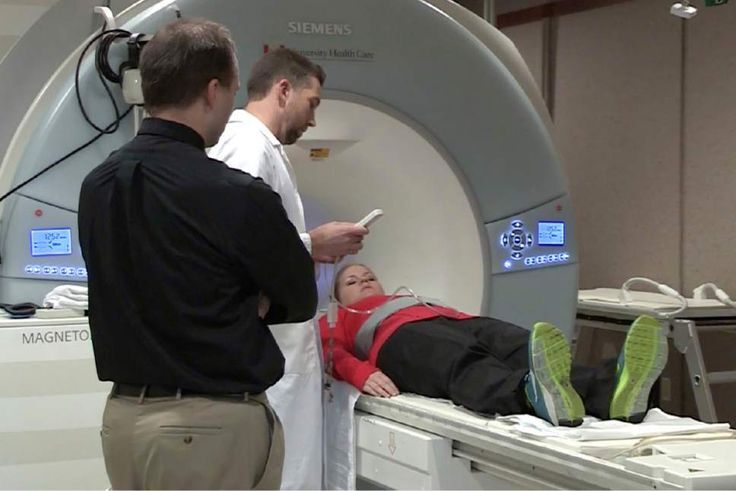SERVICES >
NRTR Services >
MRI
SERVICES >
NRTR Services >
MRI
SERVICES >
NRTR Services >
MRI
MRI Integration
Our NRTR program is unique in its integration of advanced MRI (Magnetic Resonance Imaging) technology to track and reinforce cognitive therapies. By monitoring brain activity, specifically focusing on neurotransmitters like serotonin (which regulate emotions), our clinical team can tailor treatments to each individual’s neurological needs. MRI technology allows us to better understand the biological underpinnings of anxiety, depression, and other mental health issues, leading to more effective therapeutic interventions.
Overview
MRI technology is used within WAI’s NRTR services to monitor brain activity and assess the neurological effects of therapeutic interventions. It helps visualize areas of the brain involved in emotional regulation, cognition, and behavior, providing data that can personalize treatment approaches.

How It's Done
- Identify changes in brain regions associated with stress, mood regulation, or behavioral issues.
- Monitor neurotransmitter activity, such as serotonin levels, which influence emotions and behavior.
- Adapt therapy based on the real-time brain activity data to enhance treatment efficacy.
Why It Matters
MRI gives a scientific basis for tracking how therapy impacts brain activity, offering precision in treatment. This neurological feedback ensures that therapeutic techniques are not only addressing symptoms but also fostering real neurological improvements. For individuals with complex mental health issues, this data-driven approach enhances the effectiveness of therapy and allows for a more personalized and targeted intervention.
MRI also provides a unique opportunity to measure how therapy affects brain function over time, offering a deeper understanding of the client’s progress.

